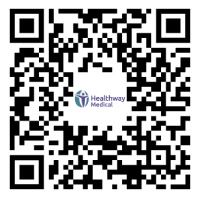
As such, I would like to demonstrate a surgical technique that combines a mini-incision of 2-3cm and using a very stable titanium implant system (Spear, Aplus) to correct a bunion deformity.
The technique uses an intramedullary (inside the bone) plate and locking screws to surgically stabilise the bones of the foot after performing the corrective realignment or osteotomy. The plate and screws are made of titanium which are widely used as orthopaedic implants.
The x-rays below show the use of the Spear titanium implant system for the correction of bunion deformity.


Below are pictures to show the results of this surgical procedure.

Below are pictures to show the results of this surgical procedure.



During the recovery process, the patient is allowed to walk in a special Velcro type medical sandal for 4 weeks. The sandal is removable for showers and baths. There will be a special waterproof bag to keep the foot clean and dry for showers and baths.


After 4 weeks, the patient is advised to use broad-based sandals for a further month. The sandals should preferably be a Velcro type to allow for swelling of the foot.
Physiotherapy can commence during this period. A return to running sports is around 3 months after surgery.


